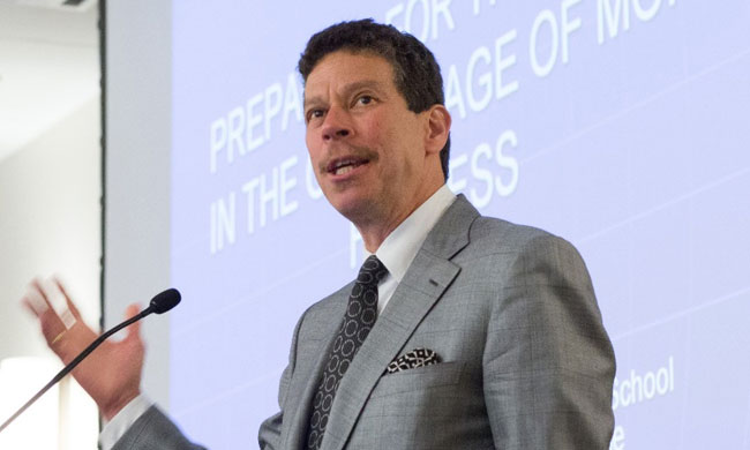Speaking to Adv. Avani Bansal (for Live Law), Professor Wilkins shared his thoughts and opinion on Rule of Law, its challenges, Globalization and Legal Profession in India. He had recently published his book, 'India Legal Profession in the Age of Globalization' and pointed out that the book was as part of a larger project, Globalization Lawyers & Emerging Economies (GLEE) that he...

